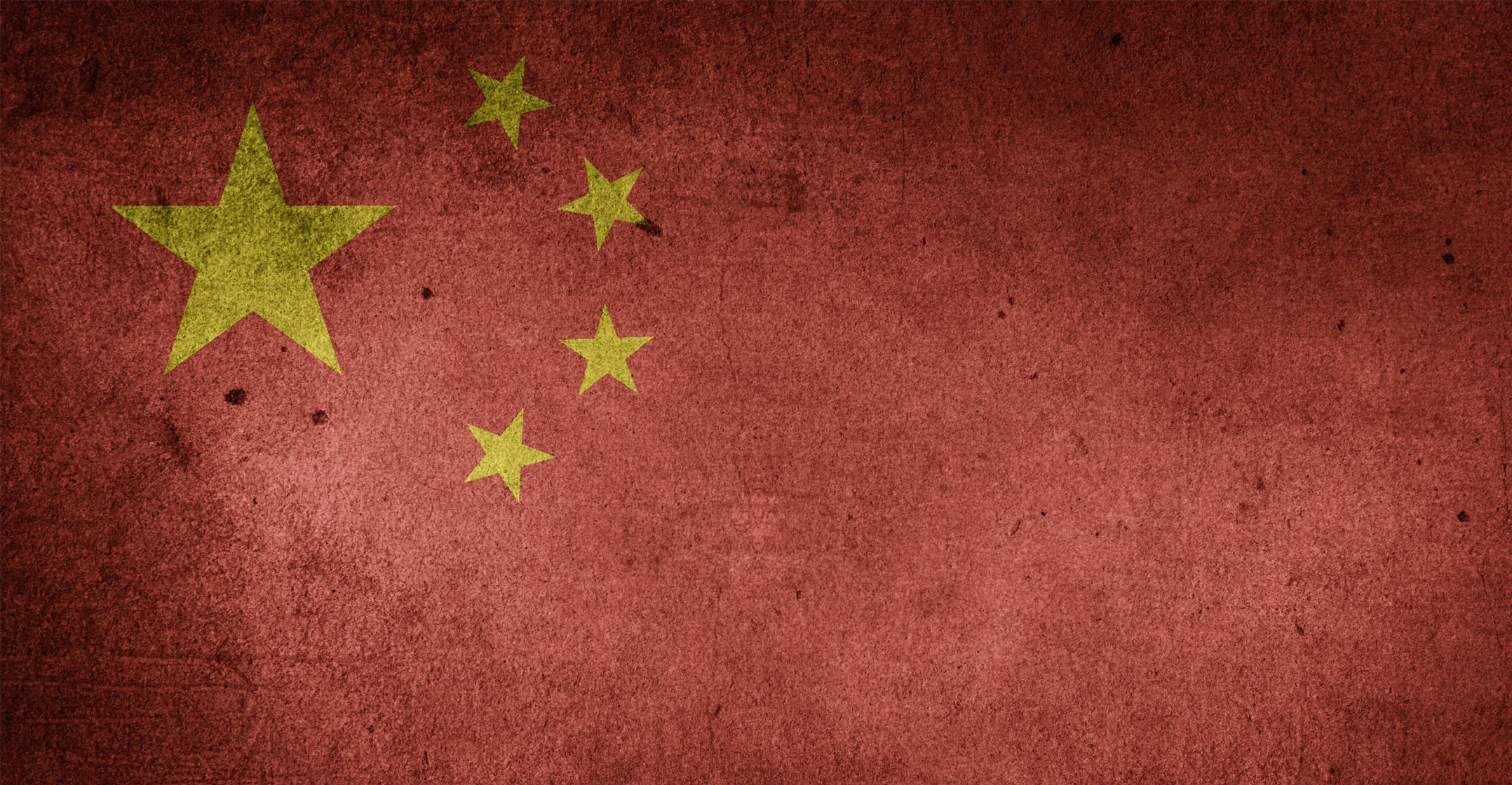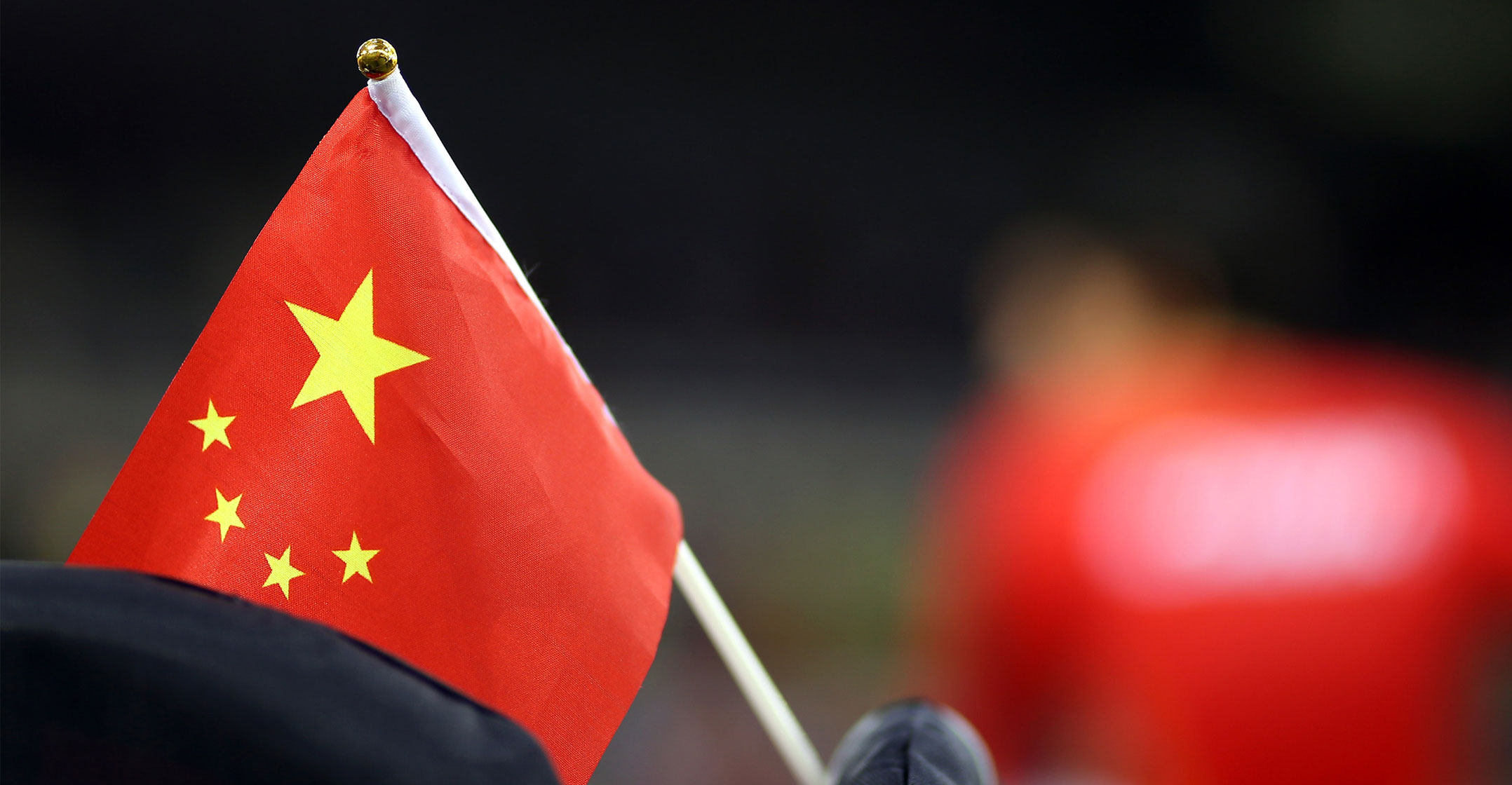 China has become a major player in global social media manipulation campaigns, researchers say, amid an overall increase in the number of countries sharing misinformation online.
China has become a major player in global social media manipulation campaigns, researchers say, amid an overall increase in the number of countries sharing misinformation online.
According to the Oxford Internet Institute, organised social media manipulation has more than doubled since 2017, with 70 countries using computational propaganda to manipulate public opinion.
The report says that China focused on domestic platforms until the Hong Kong protests, which led the country’s government to look outside and paint democracy advocates as violent radicals with no popular appeal.
“China has become what we’re calling a global disinformation superpower,” Philip Howard, director of the Oxford Internet Institute, said.
“It’s flexed its muscles, it’s clearly operating on multiple platforms, it’s targeting voters in the west for their opinion.
“The Russians have been the most creative and persistent at using social media to manipulate public opinion, but they’ve been targeting many countries over many years.
“We thought the Chinese had the capacity but it’s only recently that they’ve been doing as much as the Russian government has.”
‘Election conversation’
“My biggest concern is now that we understand something of China’s capacity, that China might start getting involved in election conversation within democracies,” he added.
“Since 2016, we’ve almost got used to the notion that the Russians will try to contribute to public conversation during elections, and now it may be the Russians and Chinese that weigh in on public conversations over social media when the UK votes, maybe early next year or during the US elections, Canada is voting in a month.”
In August, Facebook said it had removed seven pages, three groups and five Facebook accounts involved in coordinated inauthentic behaviour as part of a small network that originated in China and focused on Hong Kong.
The number of countries engaged in social media manipulation campaigns has been rising steadily since the report’s first numbers in 2017, which it put at 28 countries then, and 48 by 2018.
 It claims that 45 democracies, politicians and political parties used computational propaganda tools to gather fake followers or spreading manipulated media to garner voter support.
It claims that 45 democracies, politicians and political parties used computational propaganda tools to gather fake followers or spreading manipulated media to garner voter support.
In 26 authoritarian states, government entities used computational propaganda as a way to control information, suppress public opinion and press freedom, discredit criticism, and drown out political dissent.
According to Howard, in the last couple of years, Russian techniques have been picked up in the UK, mainly across Facebook and Twitter.
“This is homegrown content, usually from white supremacists, from the extreme right-wing, and they will produce the same kinds of stories about immigrants taking our jobs, or political Islam spreading in high schools at wildfire rates — immigration and anti-European sentiment are common themes,” he explained.
Facebook is the number one platform of choice for most social media manipulation, claiming to have evidence of formally organised campaigns taking place in 56 countries.
But researchers fear that a whole host of misinformation is going on under the radar because social media firms are not open enough, as well as young people using newer closed platforms such as Snapchat.
Amplifying disinformation
They said: “The kids these days are on Snapchat, TikTok and Instagram, and we know very little. We suspect there is a lot of political misinformation there but until industry plays along we don’t know how much or what volume at all…”
Samantha Bradshaw, lead author of the report, added: “The ‘affordances’ of social networking technologies — algorithms, automation and big data — vastly changes the scale, scope, and precision of how information is transmitted in the digital age.
“Although social media was once heralded as a force for freedom and democracy, it has increasingly come under scrutiny for its role in amplifying disinformation, inciting violence, and lowering trust in the media and democratic institutions.”

